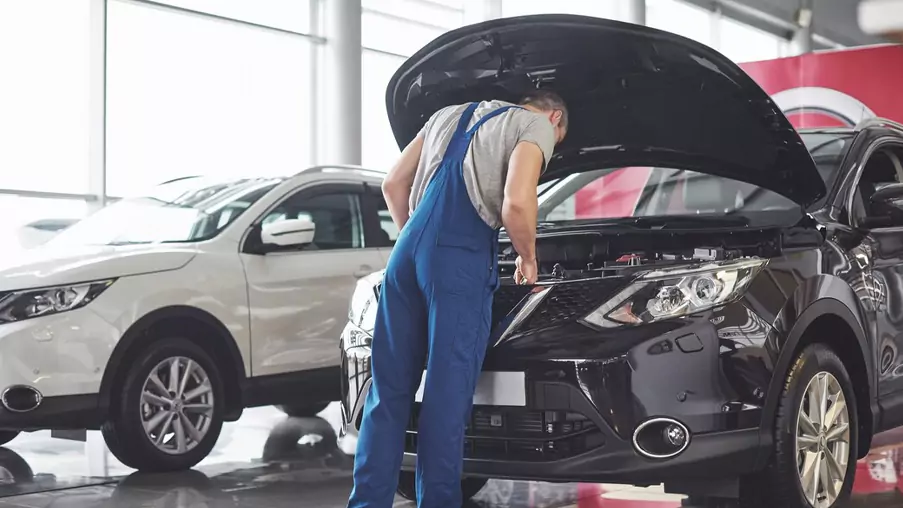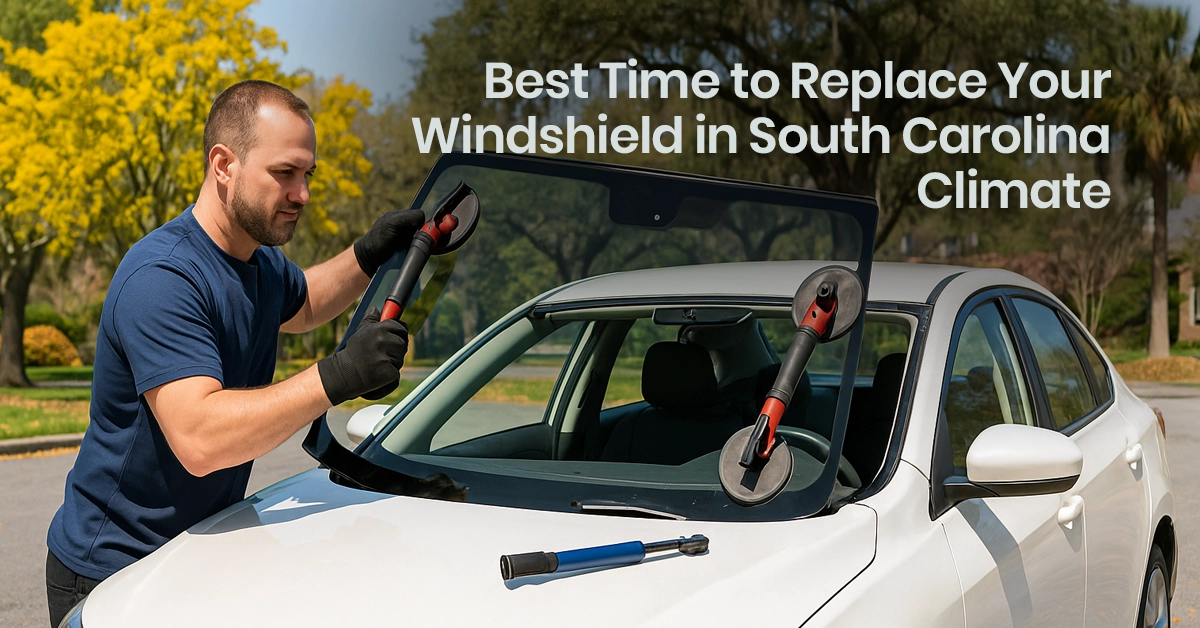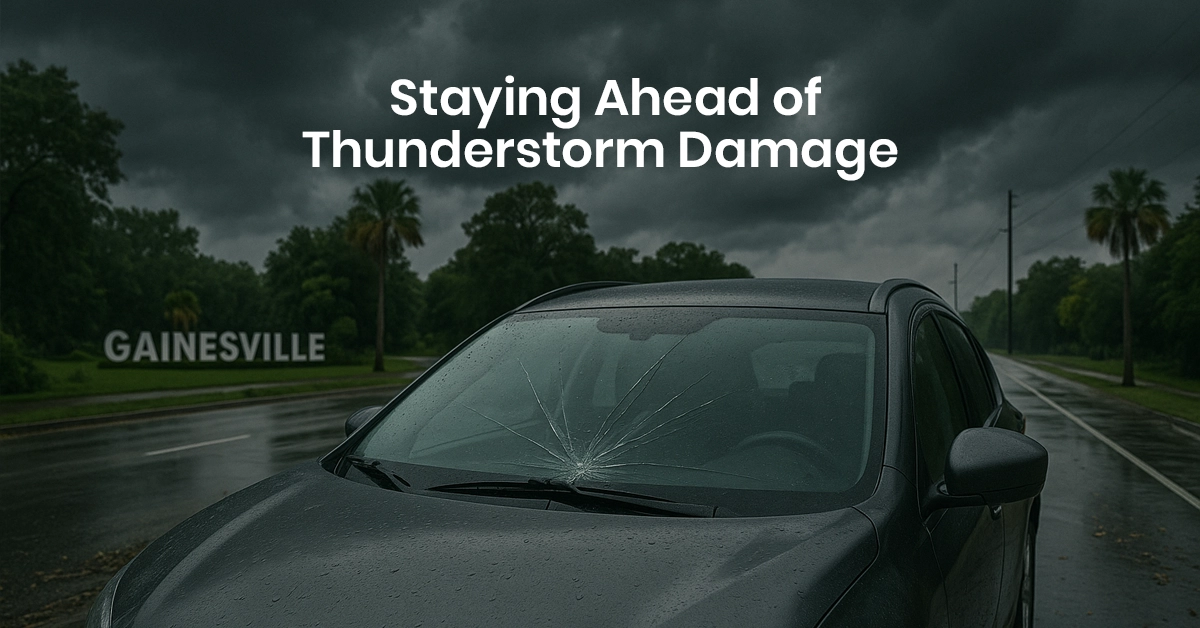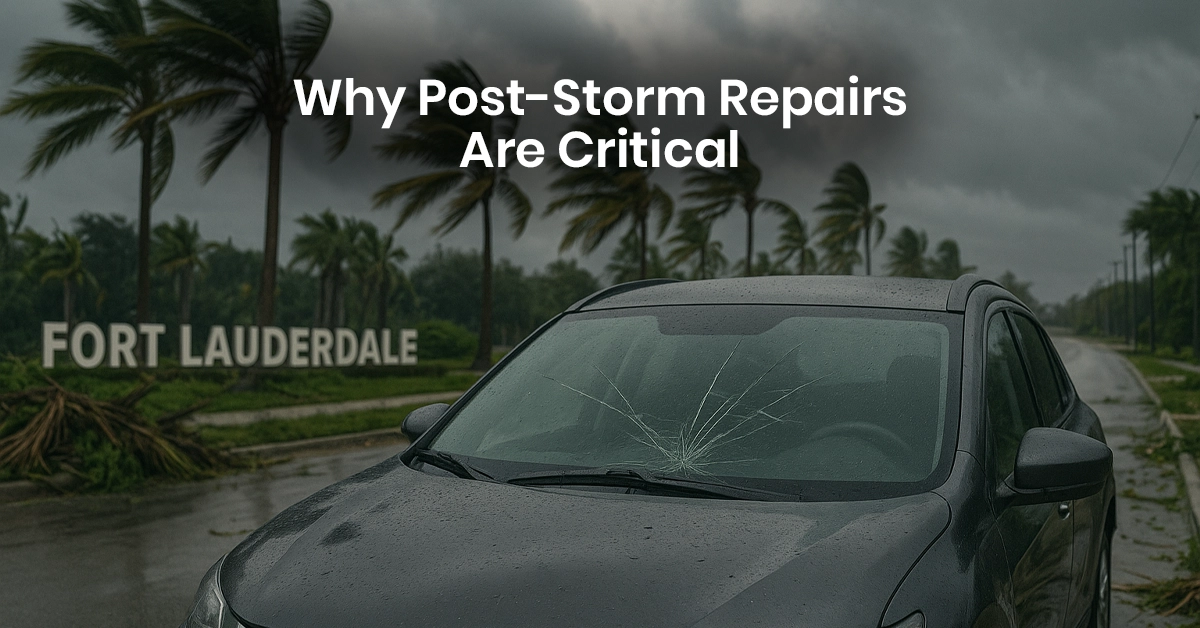Which Car Parts Do You Need to Check Regularly?
July 23, 2020
As a car owner, keeping your car in pristine condition is your responsibility. It might not sound as interesting as driving, but this will help you avoid breakdowns and accidents. Most importantly, regular checking your car will help you save money on the long run.
Every part of your car will not last a lifetime. Their life span will be even shorter, if you fail to maintain them properly. Make sure to conduct regular check ups on some of the most vital parts of your car — preferably on a weekly basis. That way, you can ensure the best performance possible every time you get behind the wheels.
Here are 5 car parts that needs regular maintenance:
Car Maintenance Checklist
Engine
The engine is basically the heart of your car, thus regular check-up is important. Though, since engines are built up with many components, keeping it healthy can be tricky. While it is advised that you have a professional technician look at it when you notice any issues, there are also some ways you can check the health of your engine.
One of these is by cold starting your car. With a healthy, well-maintained engine, the car will start without struggling or stalling. If this is not the case, there might be an underlying problem with the timing belt or drive train.
Other ways to check the health of the engine:
-
Evaluate the car’s idle noise
-
Check the color and smell of the exhaust fumes
-
Look for leaks
-
Check if there’s a burning smell
Battery
One common issue a lot of car owners are experiencing is dead batteries. Can you imagine how frustrating and inconvenient it is when your battery loses power while you’re in the middle on the road.
To prevent that, make sure that you conduct regular check up of your car’s battery. The good thing is you can do that easily. You don’t even have to leave your home.
One way to conduct a quick battery check is by performing a “load test.” It is a pretty basic test where you need to leave your headlights turned on without starting your car’s engine. After 10 – 15 minutes, start your engine. If your headlights dim noticeably as the engine turns over, you might want to consider having it replaced as soon as possible.
Lights
Your car has different sets of lights from front to back. Make sure that all of them are functioning properly. This allows you to operate your car safely, and keep other drivers informed of what you are about to do. If possible, you should inspect them weekly to ensure that every light is functioning, and resolve quickly if one is being faulty.
Here are the lights that you should check regularly:
-
Headlights
-
Indicators/hazard lights
-
Brake lights
-
Reverse lights
-
Park & Fog lights
You can do this all by yourself or with help from a friend. To check the headlights, you can just simply park in a flat area and see if it’s well-positioned. But when it comes to brake lights, you might need to have a companion stand behind your car while you step on the brakes.
Fluids
Similar to lights there are also different types of fluids helping your car running. They are basically the lifeblood of your car. Incorrect fluid levels can cause breakdowns or even serious damage. You must ensure that they are checked regularly, and replaced when necessary.
Depending on the type of your car, here are the fluids that keep your car run smoothly:
-
motor oil
-
brake fluid
-
automatic transmission fluid
-
radiator coolant
-
battery electrolyte fluid
-
power steering fluid
-
windscreen washer fluid
-
clutch fluid
Brakes
I’m sure that you’ve heard that a lot of car accidents are due to faulty brakes. That’s why to avoid any unwanted road accident, make sure that your braking system works properly.
Here are some signs that you need to bring your vehicle to a repair shop:
-
Grinding or screeching sound when braking
-
Vibration in the steering wheel
-
Wobbling sensation when you apply the brake pedal.
-
Poor responsiveness
-
The car “pulls” to one side during braking
If you think that the brake pads or rotors need to be replaced, go consult a trusted mechanic immediately. Your braking system is important in keeping you and your vehicle safe — so act immediately when you have any issue with it.
Aside from these 5, here are other car parts that you must regularly check:
-
Tires – Make sure all tyres are inflated to the correct pressure.
-
Seatbelts – Look for any damage and make sure that it’s secure.
-
Horns – Make sure that it works.
-
Windscreens & mirrors – Check for any cracks or chip
-
Windscreen wipers – See if they need to be replaced.
Prevention Is Always Better
Always remember: When it comes to your car, prevention is always better than cure. Regularly checking the most vital parts of your car won’t just help you avoid breakdowns. It will also ensure that every car part is at its best condition — ensuring the safety of every person riding your car, including YOU!
Make sure to include all the car parts we’ve listed above in your regular auto check-ups. We also advise you to learn more about this topic so you can much better understand how to keep your car in good shape and avoid a potential accident.







